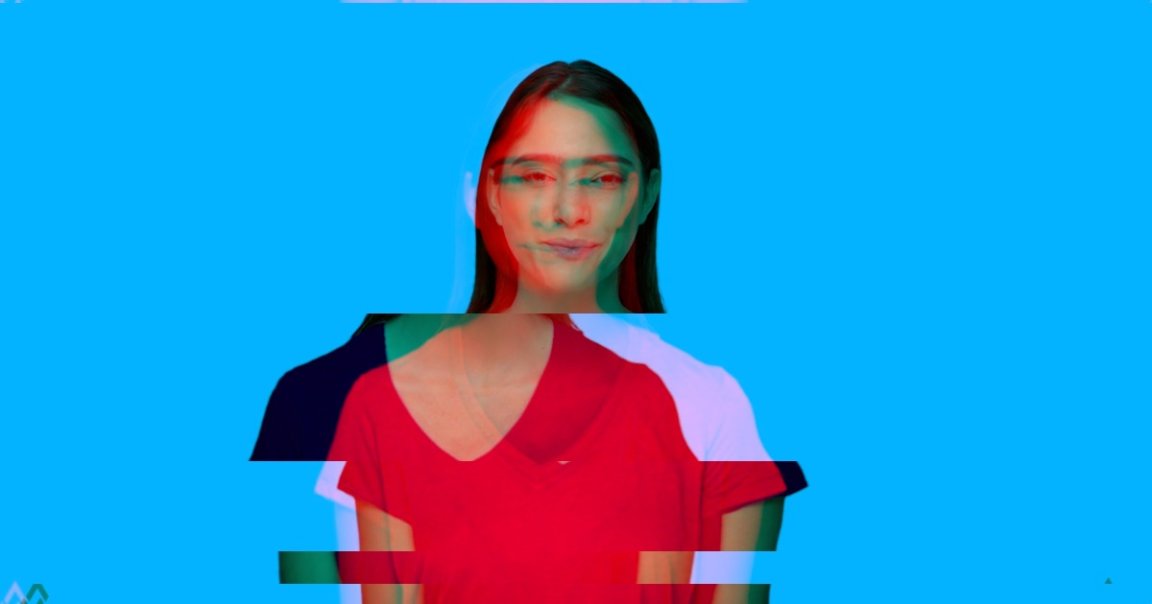
Cash for Clones
Are you looking to make some cash? Are you not worried about the dark implications of AI and its potential uses with your likeness? Good news: There’s a company that wants to pay you to deepfake your face for commercial purposes.
Hour One is a Tel Aviv-based startup that uses real people’s likenesses to create AI-generated “characters” for marketing and educational videos, according to MIT Technology Review. The company currently has a library of roughly 100 characters, and it’s looking to expand its roster.
“We’ve got a queue of people that are dying to become these characters,” said Natalie Monbiot, Hour One’s head of strategy, in a very unsettling choice of wording.
Deepfaking Process
To become a character, you’ll need to apply on their website and submit your name, email address, and Instagram profile.
You don’t need to have runway model looks or washboard abs either. Hour One is looking to get characters that represent a wide range of ages, genders, and racial makeup, according to Technology Review.
If Hour One accepts you, the company will film your face talking and making a variety of different facial expressions in front of a green screen using a high-resolution camera. It’ll then process the recordings through their AI software and voila! Companies will now be able to purchase an AI likeness of you to say (and sell) whatever it wants for a nominal fee.
Currently, Hour One creates AI-generated voices to go along with the video. This works a lot like text-to-speech software where you upload a script and an AI speaks it. The startup also offers a more expensive option where professional voice actors will read your script.
Dark Implications
While the company does have an ethics policy, its language on character protection is shockingly thin — comprising of just three bullet points that vaguely promise to protect “your data assets with utmost security.” It’ll also label all the synthetic videos of your likeness with a watermark saying that it’s AI-generated.
You’d hope that Hour One would come up with a more rigorous standard to ensure their character models feel safe about selling their likeness to private companies. After all, these companies can use these characters to say and sell what they want. What happens when a company uses your likeness for something that’s ethically questionable?
READ MORE: People are hiring out their faces to become deepfake-style marketing clones [MIT Technology Review]
More on deepfakes: New Anthony Bourdain Documentary Used AI to Recreate His Voice